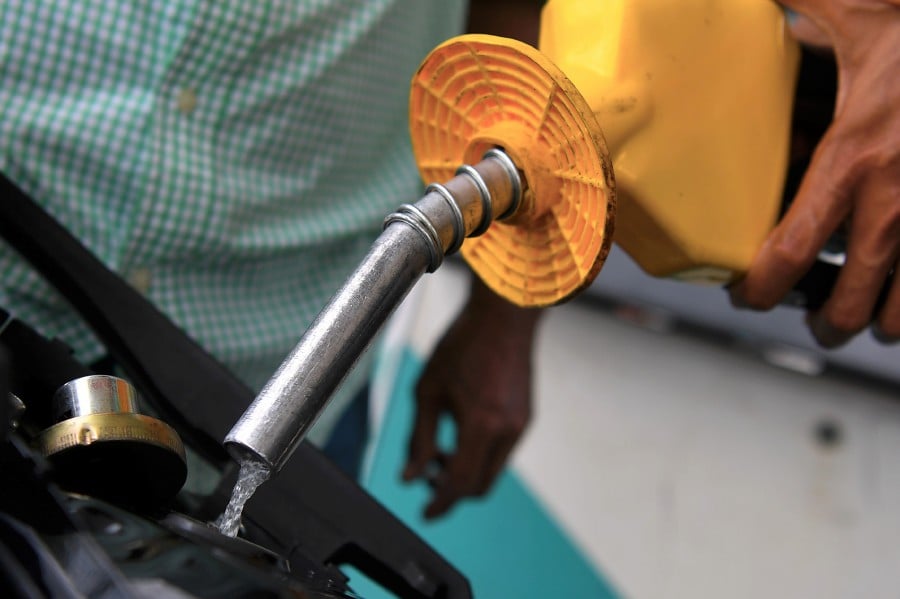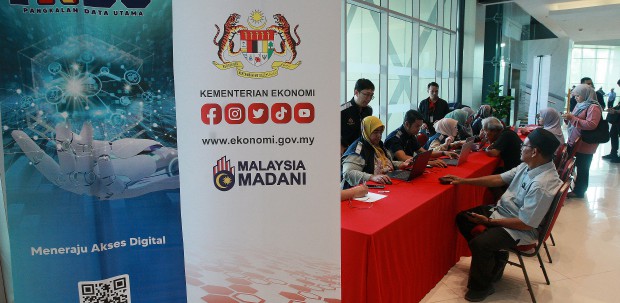PUTRAJAYA: It is unjustifiable for the government to continue with the existing approach for petrol and diesel subsidies that is unfair to the target groups that genuinely need assistance.
Deputy Prime Minister Datuk Seri Dr Ahmad Zahid Hamidi said although the government's subsidy has helped to stabilise prices, ensure continuous supply and ease the cost of living for the people, however, the bulk of it has been enjoyed by the high-income group and non-citizens
He said a study on the impact of the petrol subsidy programme and selected transport sector diesel subsidy programme found that the T20 group, on average, spends RM399 per month on RON95 petrol, while the B40 group spends RM243 per month.
"These findings indicate that the bulk subsidy approach does not effectively reach its intended target groups," he said in his speech at the launch of the Symposium on Cost of Living (SCOL 2023).
His speech was read by the Domestic Trade and Cost of Living Ministry (KPDN) acting minister, Datuk Armizan Mohd Ali.
Zahid added that the diesel subsidy was intended to benefit fishermen and consumers for a "value for money" of services and goods they purchased.
"However, it has been misused by certain parties who take advantage of the subsidised diesel, leading to irregularities and smuggling in the black market.
"Therefore, it is not appropriate for the government to continue with the existing approach that is unfair to the target group that genuinely needs assistance."
Zahid said the government is also burdened with increasing expenditure on subsidies.
"Last year, the total expenditure for subsidies amounted to RM91.9 billion, significantly higher than previous years.
"For this year, the original allocation for subsidies is RM64 billion, but the government projects this value to reach RM80.9 billion based on current spending.
"This ongoing scenario is not fiscally optimal hence it is reasonable for the responsible government to take action to improve targeted assistance delivery methods for the people."
Zahid said the targeted electricity subsidies helped save the government RM4.6 billion from January to June this year.
This, following the government's move not to continue giving electricity subsidies to large businesses and multinational companies, as well as households with high electricity consumption.
"However, 90 per cent of households and micro, small and medium enterprises continue to enjoy electricity subsidies.
"The government is projected to spend RM16 billion on electricity for this year."
Meanwhile, Zahid said the social protection agenda guarantee must be opened as widely as possible.
"Existing methods such as 'waqaf' (mortmain property that is a charitable endowment under Islamic law), endowments and social enterprises need to be rejuvenated and highlighted to be complementary to the targeted subsidies."






